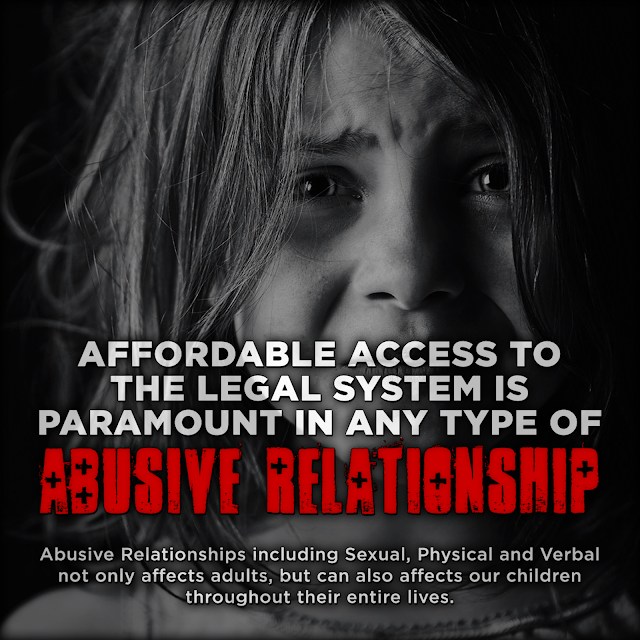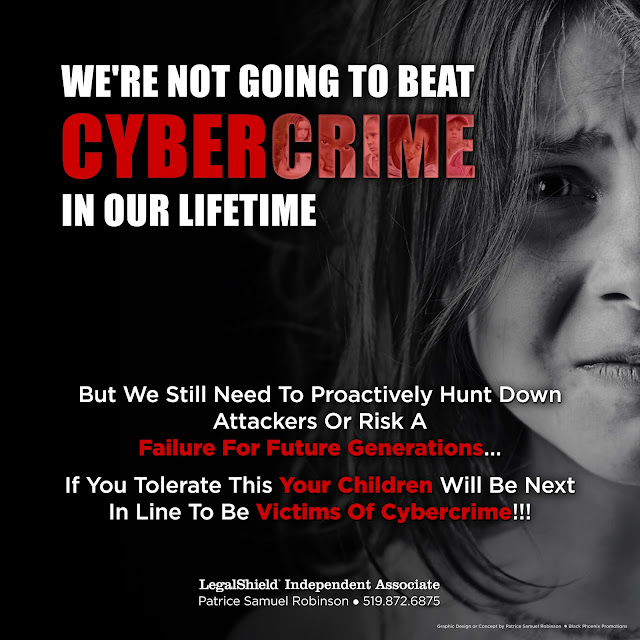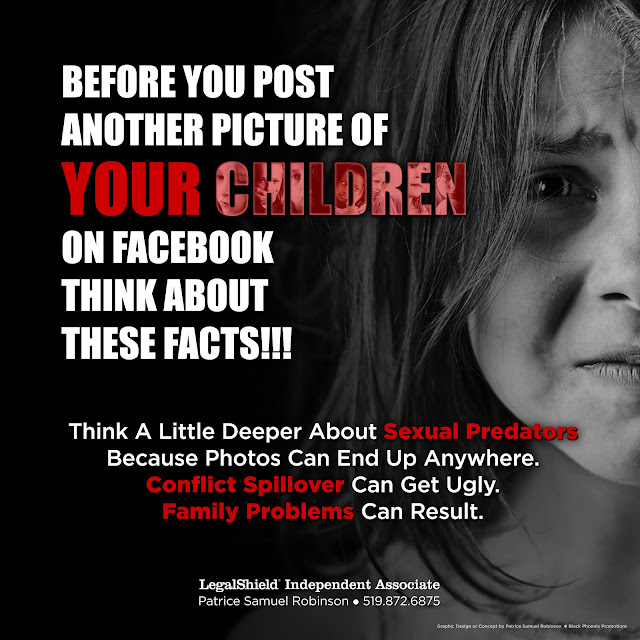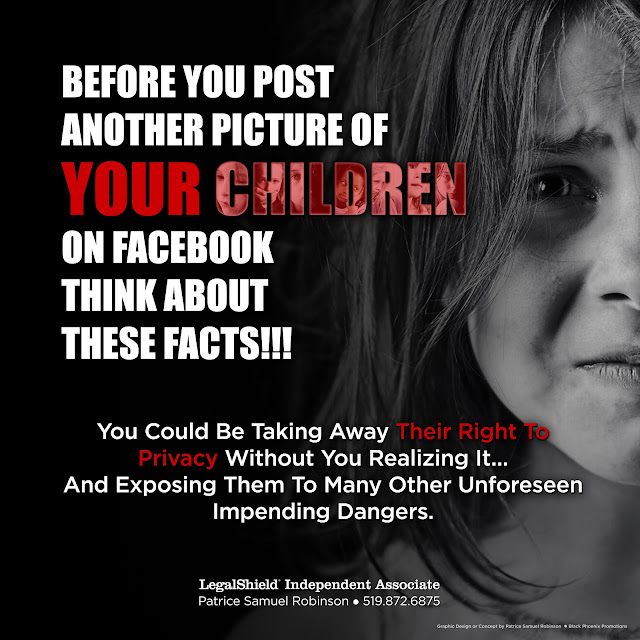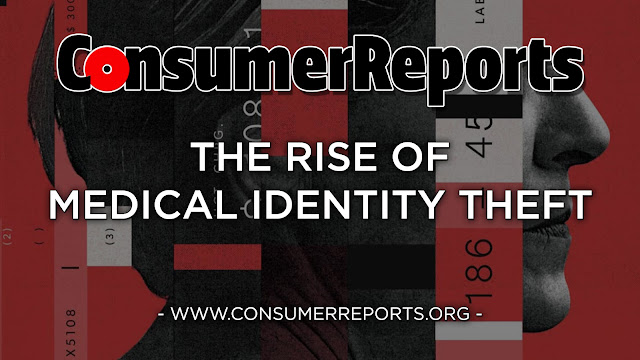Affordable Access To The Legal System Is Paramount In Any Type Of Abusive Relationship
by Patrice Samuel Robinson | 02/08/2025
Dealing with any type of Abuse such as Sexual, Physical, and Verbal, or being in a relationship with any degree of Domestic Violence is not only stressful for adults or young women but if you have children, it can lead to even higher degrees of stress and Life-Long Trauma or Mental Health Issues for them including Anxiety, Depression, Post Traumatic Stress, etc. And it can also lead to our children inheriting bad habits and behavior if the root of the problem is not dealt with early on. Procrastination in dealing with such issues has absolutely no place in a relationship or parenthood --- This is something that I didn't understand when I was young, but I do know first hand what the end result can be, being that I grew up in a home where Domestic Violence was sometimes a bi-monthly event in my house and environment growing up; as far back as I can remember since around the age of 3 or so. And it is still something that has affected me in my adulthood.
Children don't usually call the police on their parents when these types of issues occur, nor do young women when they've been Sexually or Physically abused. That being said, if you do call the police, it is only a Police Issue when they are charging or arresting the Abuser or Sexual Predator. After that, it's no longer a Police Issue, but a Legal Issue. Here is the dilemma...90% of people in North American society have been priced out of the Legal System. They just can't afford $200.00 to $350.00 per hour for Legal Advice, Legal Counsel, and Guidance, so they turn to Legal Aid (Public Defender's System) and take the wrong advice from family and friends. As a result, most younger or older women don't end up getting the Justice that they deserve.
Children don't usually call the police on their parents when these types of issues occur, nor do young women when they've been Sexually or Physically abused. That being said, if you do call the police, it is only a Police Issue when they are charging or arresting the Abuser or Sexual Predator. After that, it's no longer a Police Issue, but a Legal Issue. Here is the dilemma...90% of people in North American society have been priced out of the Legal System. They just can't afford $200.00 to $350.00 per hour for Legal Advice, Legal Counsel, and Guidance, so they turn to Legal Aid (Public Defender's System) and take the wrong advice from family and friends. As a result, most younger or older women don't end up getting the Justice that they deserve.
Report Of The Canadian Bar Association Access to the Justice Committee in 2011 said...
- "We know that many people in Canada do not have access to the legal help they need. The legal aid system is overburdened and decades of reforms haven’t solved the problem. In 2011, the World Justice Project ranked Canada 9th out of 12 developed countries on access to Justice."
Report Of The Canadian Bar Association Access to the Justice Committee in 2015 said...
- "The state of access to justice in Canada is abysmal and getting worse. Inaccessible justice hurts us all, as the growing number of middle-class Canadians who suffer from it can attest, but its harshest consequences are visited upon the poorest and most vulnerable people in our communities. Over the next three years, 45 percent of Canadians will encounter a legal problem and many will not get the help they need because of perceived or actual barriers."
Get Protected and Empowered in Canada or the United States Today!!!

